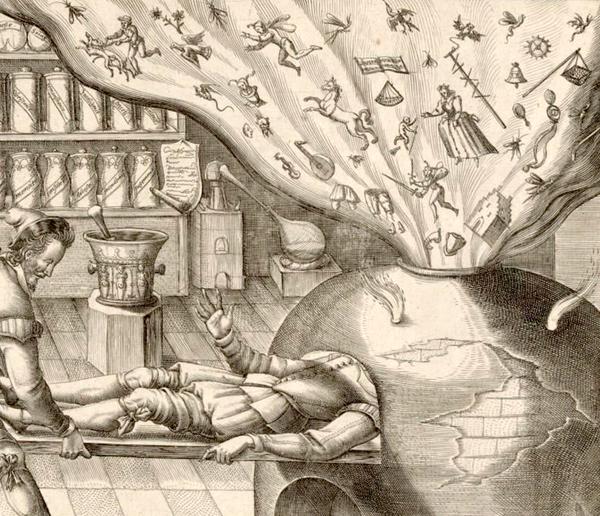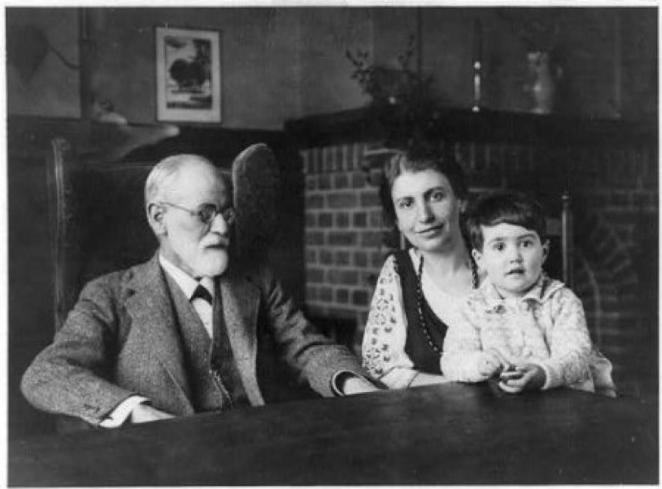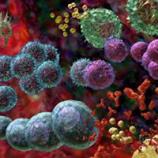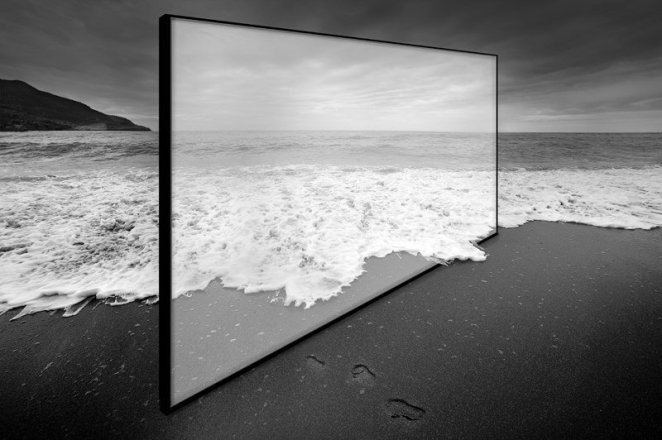Apothecary distilling the Phantasies out of a man’s head, 1620
Images
“Mad In America” Report
Despite the introduction of effective pharmacological treatments and evidence-based psychosocial interventions, fewer than one in seven people affected are considered to meet criteria for recovery,” the authors write. “The possibility that the pathophysiology of schizophrenia involves mechanisms that progress over the longitudinal course of the illness is often assumed to explain the poor outcomes observed. Advocates for early intervention have embraced this paradigm… While progression of an active disease process would provide a compelling explanation for the poor outcomes so commonly observed, it is not consistent with what we have learned from modern studies of the longitudinal course of structural brain abnormalities, cognitive deficits and clinical outcomes associated with schizophrenia. –
Zipursky, Robert B., and Ofer Agid. “Recovery, Not Progressive Deterioration, Should Be the Expectation in Schizophrenia.” World Psychiatry 14, no. 1 (February 1, 2015): 94–96. doi:10.1002/wps.20194. (Full text)
“Form often is most expressive when least coherent.” – Kandinsky

Several Circles – 1926
Object Love In Psychosis

Freud suggests that desire associated with representation of objects is re-channeled to representations of the self in psychosis. Jacobson’s focus on psychotic identification with the maternal object is a kind of queer or uncanny picturing of Freud’s formula that reformulates cathectic operations as either a kind of strange yet somehow familiar ecstatic fusion with the object or as a traumatic object loss. For the psychotic, objective and subjective reality lose meaning so that representation of the real is overwhelmed by the experience itself. Mental image and event no longer present in logical sequence; self and object boundaries collapse along with the ability to represent psychosis in a logical or reasonable manner.
Sublime Environment

Psychotic perception is a form of thought. In a sense, it is a dream world experienced outside of sleep.




